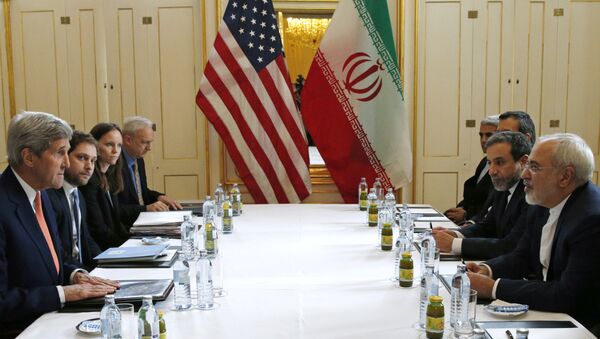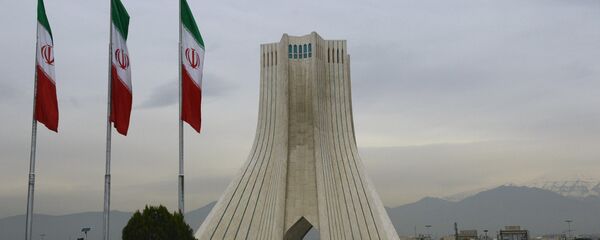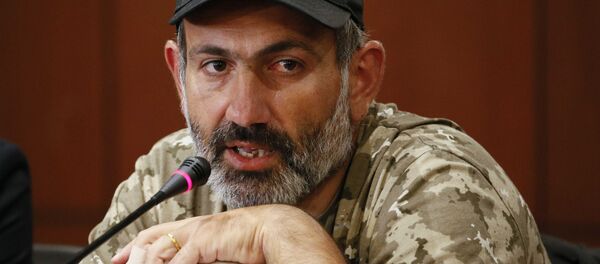Iran Nuclear Deal
MOSCOW (Sputnik) — Moscow stands for the preservation of the existing deal on the Iranian nuclear program, the Joint Comprehensive Plan of Action (JCPOA), and insists that there is no alternative to it, Kremlin spokesman Dmitry Peskov said on Wednesday.
"We are in favor of maintaining the JCPOA in its current form and we believe that there is no alternative to it so far, this has been repeatedly stated at various levels," Peskov told reporters answering the question whether Moscow would support new or expanded agreements on the Iranian nuclear program.
Peskov stressed that the JCPOA was the result of intense diplomatic efforts.
"The JCPOA in its current form is a product of precise and intense diplomatic efforts on the part of many states. These efforts are commendable. Is it possible to repeat such a successful work in the current situation? This is a question," the spokesman said.
US President Donald Trump has repeatedly slammed the JCPOA that was negotiated by the Obama administration as the worst deal in US history and threatened to withdraw the United States from the agreement if it was not amended.
The JCPOA was signed in 2015 by China, Germany, France, Russia, the United Kingdom and the United States — collectively referred to as the P5+1 group — with Iran. The deal stipulated a gradual lifting of anti-Iran sanctions in exchange for Tehran maintaining a peaceful nature of its nuclear program.
Situation in Armenia
On Monday, Armenian Prime Minister Serzh Sargsyan resigned amid the large-scale anti-government protests against his appointment to the post. Following Sargsyan's resignation, Armenian First Deputy Prime Minister Karen Karapetyan became acting prime minister.
"We still believe that this is an internal matter and hope that our Armenian friends will manage to settle this situation soon and… reach a settlement based on consensus in the near future. We are still closely following the situation [in Armenia]," Peskov told reporters.
Sargsyan served two five-year consecutive terms as president until April 9. His election as prime minister on April 17 was largely regarded as an attempt to get around presidential term limits, since the 2015 constitutional amendments transferred governing powers from the president to the head of the government, and provoked mass protests.




